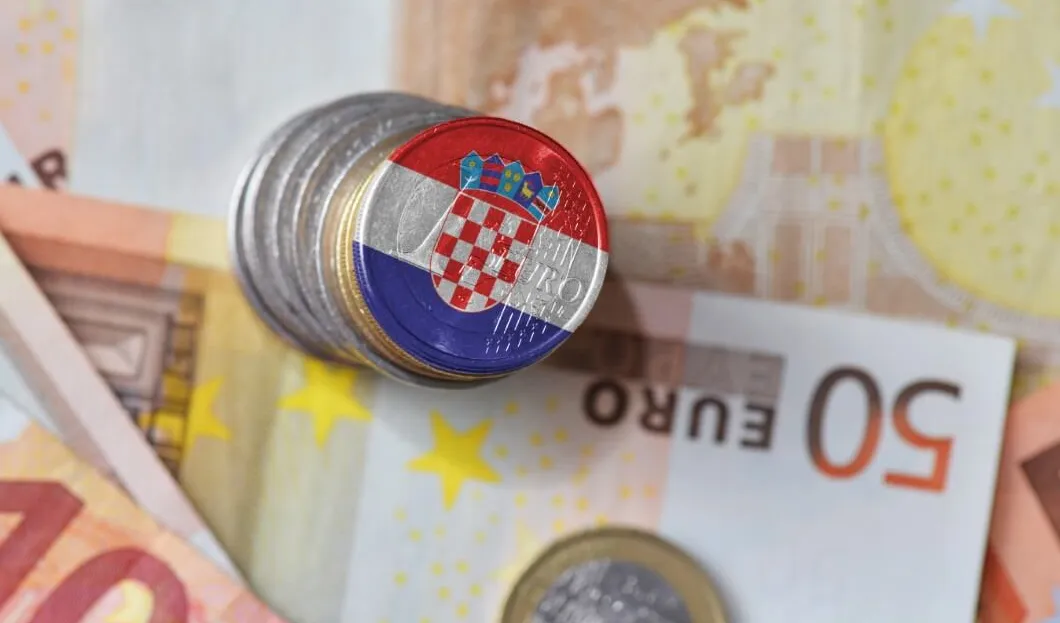
The hassle of exchanging money during a vacation in Croatia should soon come to an end. The EU Commission believes the country is ready for the introduction of the euro. However, there is still a reminder from the ECB.
According to a final assessment by the EU Commission, Croatia, a popular vacation destination, meets the requirements for the introduction of the common currency, the euro.
According to the Brussels authority, this could mean that the outstanding EU decisions could be taken as early as this summer. Croatia wants to replace its national currency, the kuna, with the euro from next year.
EURO in Croatia
EU Commission President Ursula von der Leyen commented: "Less than a decade after joining the EU, Croatia is now ready to join the euro area on January 1." She said that this will strengthen the Croatian economy and bring benefits to citizens, businesses and society as a whole. Croatia's adoption of the euro will also strengthen the euro, she added. Vice President in charge Valdis Dombrovskis spoke of a "historic moment" for the Adriatic country, which has a population of around 4.1 million.
Croatia has been trying for years to meet the criteria for admission to the euro club. Lithuania was the last country to join the group of countries with the common currency on January 1, 2015, becoming the 19th member.
Under the EU treaties, all member states except Denmark are obliged to join the single currency as soon as they meet the requirements. However, several states are not pursuing this vigorously - they include Sweden, Poland, the Czech Republic and Hungary, for example.
Great Expectations
In Croatia, the tourism industry in particular is looking forward to the introduction of the euro with great expectations. The country, with its long Adriatic coast and many picturesque bays and islands, relies heavily on tourism. At the same time, many people fear that the cost of living could rise sharply as a result of the change over to the European single currency.
The formal decision on the introduction of the euro in Croatia is to be taken by the Council of the 27 EU member states in the first half of July. However, difficulties are not expected after the EU Commission's clear assessment.















